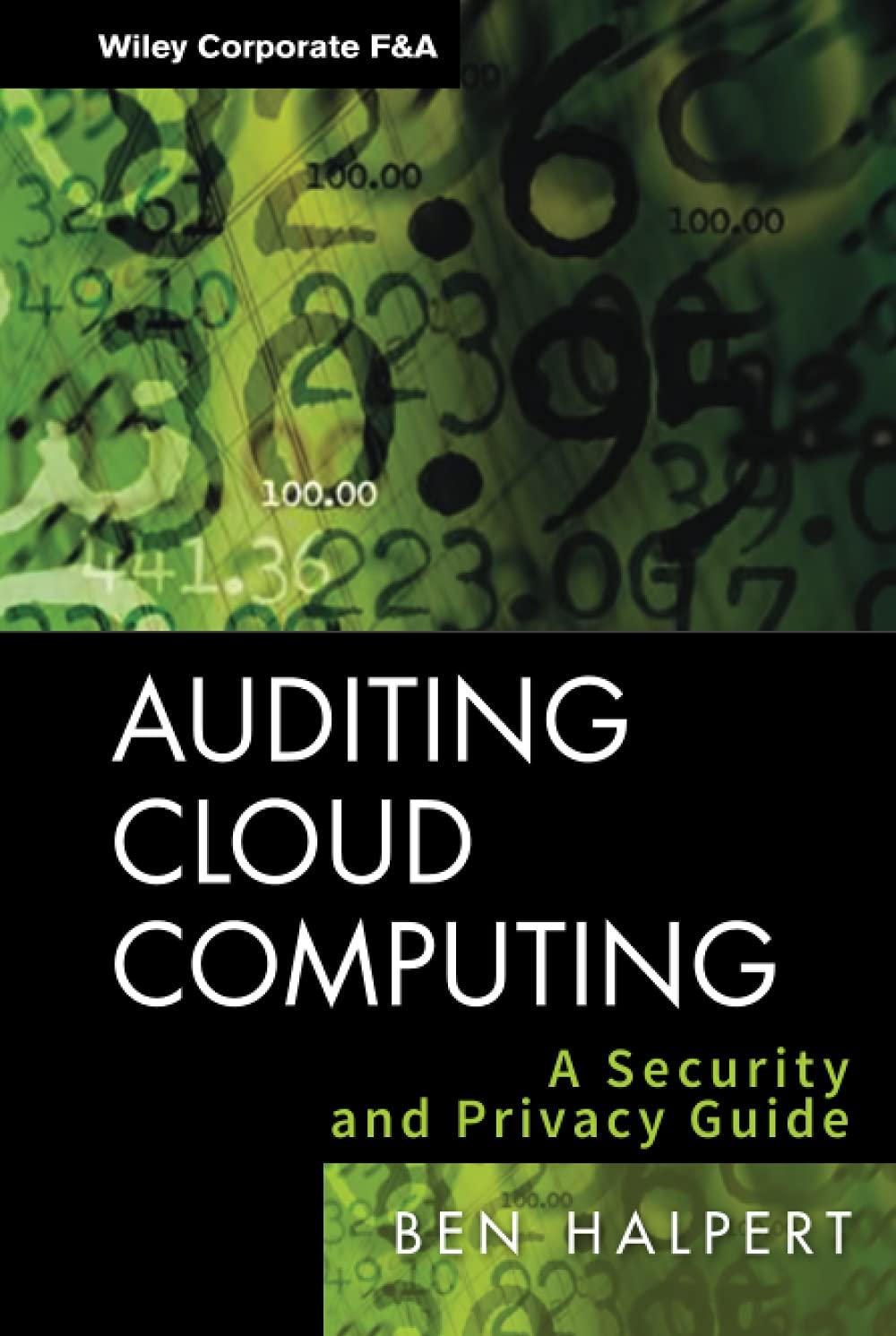Question
1) Keisha (50 years of age) is considering whether to participate in her company's Roth 401(k) or traditional 401(k). This year, she plans to invest
1) Keisha (50 years of age) is considering whether to participate in her company's Roth 401(k) or traditional 401(k). This year, she plans to invest either $4,000 in a Roth 401(k) or $5,000 in a traditional 401(k). Keisha plans on leaving the contribution in the retirement account for 20 years when she will receive a distribution of the entire balance in the account. Her employer does not have a matching program for employee contributions to retirement accounts. Assume Keisha can earn a 6 percent before tax return in either account and that she anticipates that in 20 years her tax rate will be 30%.
1) What would be Keisha's after-tax accumulation in 20 years if she contributes $4,000 to a Roth 401(k) account?
2) What would be her after-tax accumulation in 20 years if she contributes $5,000 to a traditional 401(k) account? (Round future value factors to 5 decimal places and the future value and final answers to the nearest whole number)
Topic: Defined Contribution Plans
Learning Objective: 13-02 Explain and determine the tax consequences associated with employer-provided defined contribution plans, including traditional 401(k) and Roth 401(k) plans.
Step by Step Solution
There are 3 Steps involved in it
Step: 1

Get Instant Access to Expert-Tailored Solutions
See step-by-step solutions with expert insights and AI powered tools for academic success
Step: 2

Step: 3

Ace Your Homework with AI
Get the answers you need in no time with our AI-driven, step-by-step assistance
Get Started


